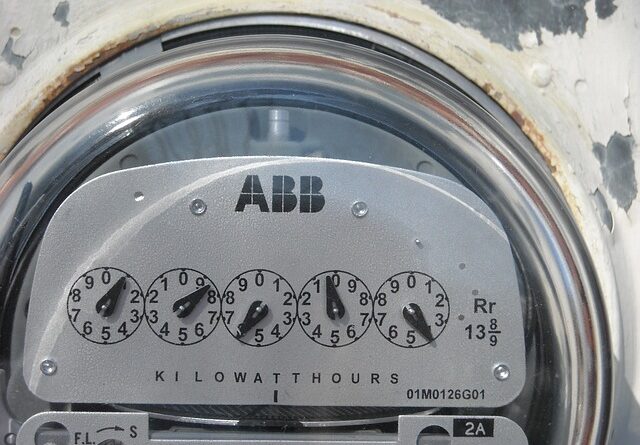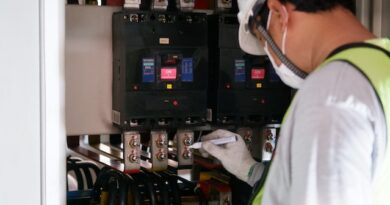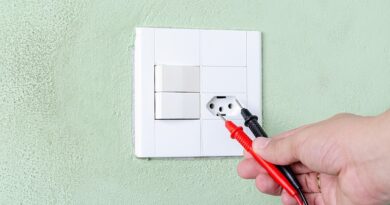Electrical Testing in Indore
Introduction
Electrical testing is an indispensable aspect of maintaining electrical systems in Indore. Whether in residential, commercial, or industrial settings, testing ensures the safety, efficiency, and reliability of electrical installations. In this article, we will explore the significance of electrical testing in Indore, the different types of tests conducted, and how these tests contribute to safe and effective electrical operation. Join us on this enlightening journey to discover the world of electrical testing in Indore.
Importance of Electrical Testing in Indore
Electrical testing plays a pivotal role in maintaining a safe environment for residents and workers alike. With Indore’s rapid urbanization and increasing infrastructure developments, the demand for reliable electrical systems has never been higher. Proper testing of electrical installations helps identify potential hazards, prevents accidents, and ensures compliance with industry standards and regulations. Furthermore, regular testing enhances the overall efficiency of electrical systems, leading to reduced energy consumption and lower operating costs.
Types of Electrical Tests Conducted
1. Insulation Resistance Test
The insulation resistance test is a fundamental evaluation of electrical installations’ insulation properties. By measuring the resistance between conductors and ground, this test determines whether the insulation can withstand the voltage stress it is subjected to during normal operation. A low insulation resistance reading may indicate the presence of moisture or damage to insulation, necessitating timely repairs or replacements.
2. Earth Resistance Test
The earth resistance test is crucial for ensuring a reliable and safe grounding system. It measures the resistance between the electrical system’s neutral point and a specified grounding electrode. Adequate grounding protects against electrical shock and diverts fault currents safely into the ground.
3. RCD Testing (Residual Current Devices)
RCD testing evaluates the performance of Residual Current Devices, also known as ground fault circuit interrupters (GFCIs). These devices are designed to quickly disconnect the power supply when they detect a leakage current, safeguarding against electric shocks and potential electrocution. Regular testing ensures RCDs are functioning correctly and promptly responding to fault currents.
4. Circuit Breaker Testing
Circuit breakers protect electrical circuits from over currents and short circuits. Periodic testing of circuit breakers guarantees their correct operation, preventing damage to equipment and minimizing downtime in case of faults.
5. Load Testing
Load testing assesses the capacity and stability of electrical systems under specific operational conditions. By subjecting the system to its full load, engineers can identify potential weaknesses and make necessary adjustments to enhance overall performance.
6. High-Potential (Hi-Pot) Testing
Hi-Pot testing evaluates the electrical strength of equipment and cables. This test involves applying a higher than normal voltage to identify any weaknesses or insulation breakdowns. Hi-Pot testing is particularly crucial when commissioning new electrical installations.
7. Power Quality Analysis
Power quality analysis assesses the quality of electrical power, including factors such as voltage fluctuations, harmonic distortion, and power factor. Maintaining good power quality is vital for the reliable operation of electrical equipment and to avoid unnecessary energy wastage.
Ensuring Safety with Electrical Testing
Electrical testing is not only about complying with regulations but also ensuring the safety of residents, employees, and visitors. By conducting regular tests and inspections, potential hazards can be identified and addressed promptly, reducing the risk of electrical fires, shocks, and accidents. A safe electrical environment fosters a sense of trust and confidence among residents and workers, making it an essential aspect of responsible electrical management in Indore.
Maintaining Electrical Efficiency
Efficiency is paramount when it comes to electrical systems, as it directly impacts energy consumption and operational costs. Through various electrical tests like load testing and power quality analysis, engineers can optimize electrical systems for peak performance, leading to reduced energy waste and improved efficiency. As Indore continues to grow and expand, efficient electrical systems will be crucial in meeting the increasing demand for power.
FAQs (Frequently Asked Questions)
Q: Why is electrical testing important in Indore?
A: Electrical testing is essential in Indore to ensure the safety, efficiency, and reliability of electrical installations. It helps identify potential hazards, prevents accidents, and ensures compliance with industry standards.
Q: How often should electrical testing be conducted in Indore?
A: The frequency of electrical testing depends on the type of installation and its usage. Generally, electrical testing should be conducted at least once every five years for residential properties and more frequently for commercial and industrial establishments.
Q: Can electrical testing help reduce energy consumption in Indore?
A: Yes, electrical testing, particularly power quality analysis and load testing, can identify areas of inefficiency and energy waste, leading to optimized electrical systems and reduced energy consumption.
Q: Is electrical testing a legal requirement in Indore?
A: Yes, electrical testing is mandated by various regulations and codes in Indore to ensure the safety and compliance of electrical installations.
Q: Can I perform electrical testing myself?
A: Electrical testing should be carried out by qualified and licensed professionals with the necessary expertise and equipment to ensure accurate and reliable results.
Q: What are the consequences of not conducting electrical testing in Indore?
A: Neglecting electrical testing can lead to potential safety hazards, electrical failures, increased energy consumption, and non-compliance with regulations, resulting in penalties and legal consequences.
Conclusion
Electrical testing is an integral part of responsible electrical management in Indore. By ensuring the safety, efficiency, and compliance of electrical installations, it plays a crucial role in creating a secure and reliable electrical environment for residents and businesses alike. From insulation resistance tests to power quality analysis, each test serves a specific purpose in maintaining the city’s electrical infrastructure. As Indore continues to evolve, investing in regular electrical testing will prove to be a wise and necessary step toward a brighter, safer future.




